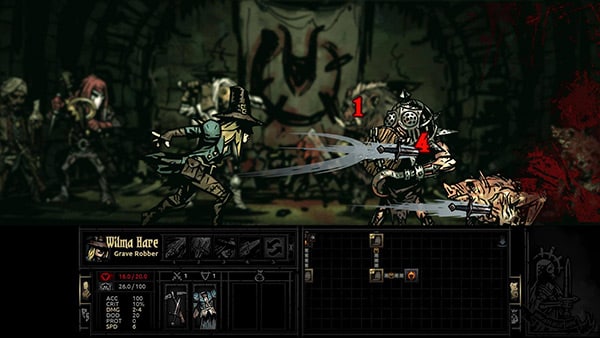
In French, the term donjon still refers to a "keep", and the English term "dungeon" refers mostly to oubliette in French. Though it is uncertain, both dungeon and donjon are thought to derive from the Middle Latin word dominus, meaning "lord" or "master". The proper original meaning of "keep" is still in use for academics, although in popular culture it has been largely misused and come to mean a cell or "oubliette". The first recorded instance of the word in English was near the beginning of the 14th century when it held the same meaning as donjon. The word dungeon comes from French donjon (also spelled dongeon), which means " keep", the main tower of a castle. Victims in oubliettes were often left to starve and dehydrate to death, making the practice akin to-and some say an actual variety of- immurement.

An oubliette (from french oublier meaning to forget) or bottle dungeon is a basement room which is accessible only from a hatch or hole (an angstloch) in a high ceiling.

Dungeons are generally associated with medieval castles, though their association with torture probably belongs more to the Renaissance period. For other uses, see Dungeon (disambiguation).Ī dungeon is a room or cell in which prisoners are held, especially underground.

This article is about places of imprisonment.


 0 kommentar(er)
0 kommentar(er)
